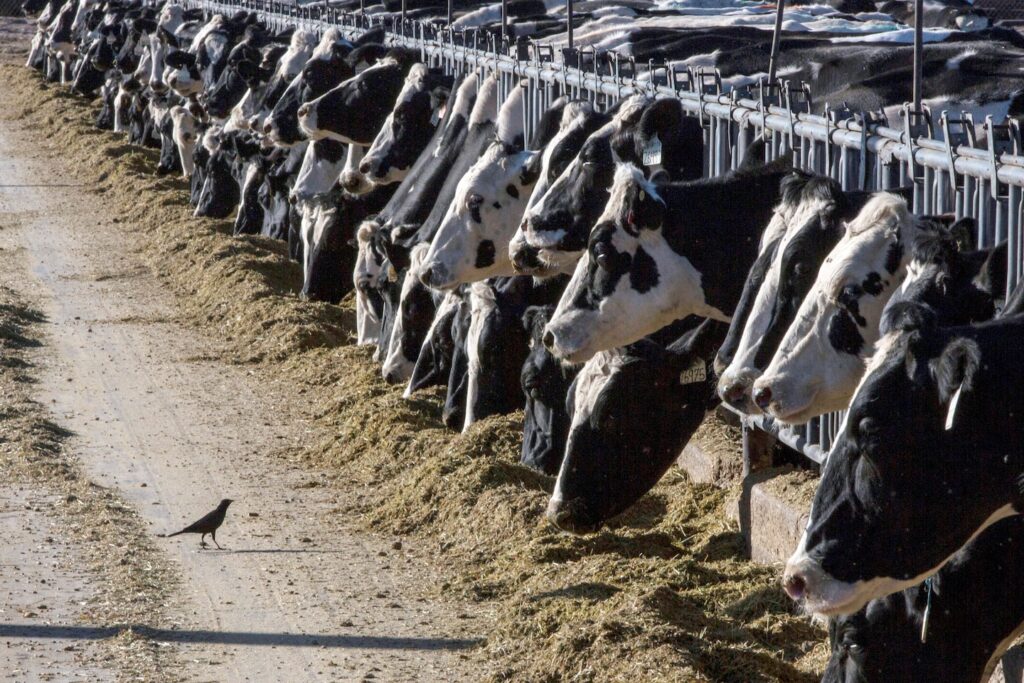Last week, dairy cows in Texas and Kansas were reported to be infected with avian influenza, after which federal agriculture officials confirmed the infection in a dairy herd in Michigan that recently received cattle from Texas.
Since 2020, the avian influenza virus has spread to more animal species in many countries, including dogs, cats, skunks, bears, and even seals and porpoises. But the detection in U.S. livestock is “an unexpected and problematic development,” said Dr. Ali Khan, a former CDC outbreak investigator and current dean of the University of Nebraska School of Public Health.
This bird flu was first recognized as a threat to people when it broke out in Hong Kong in 1997. According to the World Health Organization, more than 460 people have died from avian influenza infections in the past 20 years.
The majority of cases were contracted directly from birds, but scientists are on the lookout for signs of the disease spreading to humans. Their biggest concern is that the virus could mutate and spread easily among humans, but that hasn't happened yet.
This is the second time in the United States that a person has been diagnosed with the so-called H5N1 virus. In 2022, a prison inmate in a work program was infected while slaughtering infected birds at a chicken farm in Montrose County, Colorado. His only symptom was fatigue and he recovered.
Texas officials have not identified the new cases or provided details about how they came into contact with the cow.
The Associated Press Health and Science Department receives support from the Howard Hughes Medical Institute's Science and Education Media Group. AP is solely responsible for all content.


